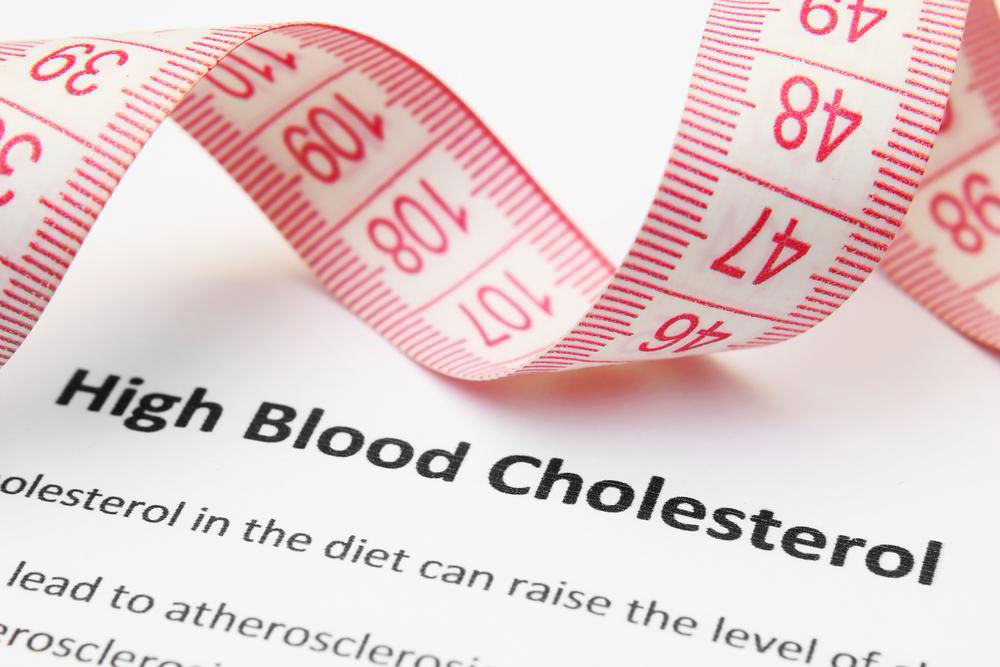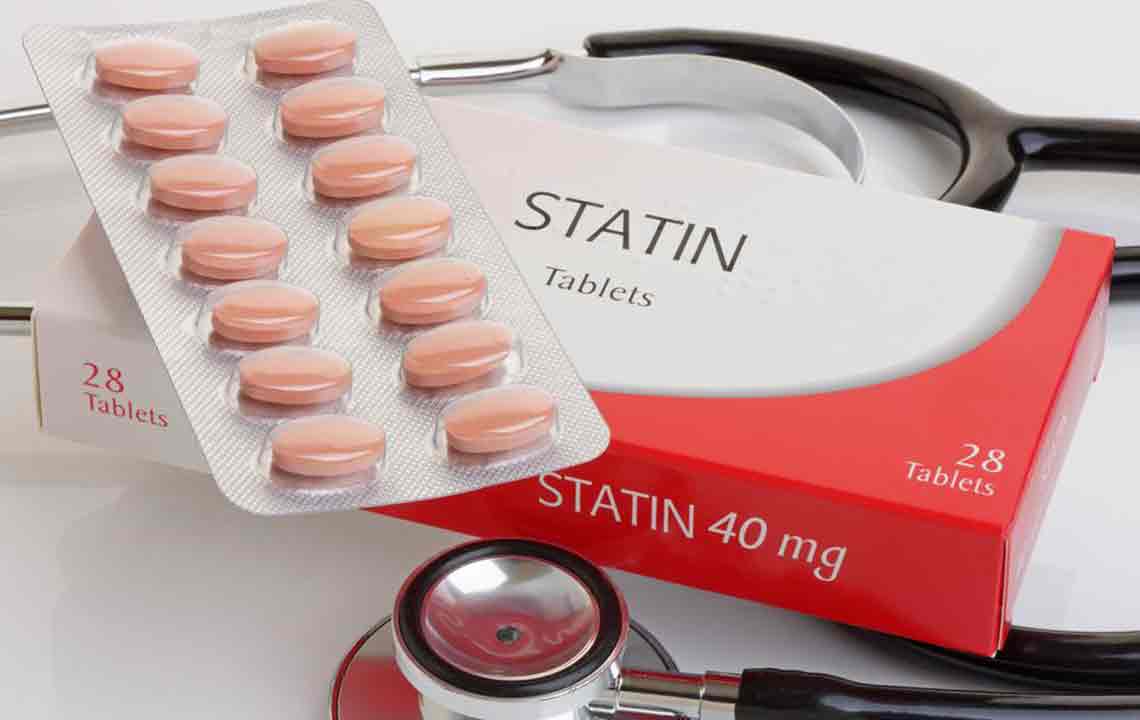Managing High Cholesterol Through Dietary Choices
Discover effective dietary strategies to manage high cholesterol levels. Learn which foods to limit, incorporate, and how lifestyle changes can enhance heart health. This comprehensive guide emphasizes the importance of diet and habits in controlling cholesterol and preventing cardiovascular diseases.
Managing Elevated Cholesterol with Diet
Dietary Strategies to Control High Cholesterol
If your diet is rich in saturated fats, it can lead to increased blood cholesterol levels, heightening the risk of heart disease. Research indicates that replacing saturated fats with unsaturated fats can improve cholesterol profiles. Adopting a heart-healthy diet is vital to prevent complications. Below, we highlight foods that contribute to high cholesterol and those that support better lipid levels.
Foods That Raise Cholesterol
Consuming saturated fat-rich foods raises blood cholesterol. Limiting these items is essential:
Butter
Fatty cuts of beef or meat
Hard margarine
Duck fat
Poultry with skin
Lard
Full-fat cheese
Sausages
Pork and Lamb
Cream and whole milk
Yogurt with full fat
Coconut oil and cream
Palm oil
Fried and baked foods
Beyond Diet: Managing Cholesterol Levels
Long-term high-cholesterol diets can cause fatty deposits along arterial walls, narrowing arteries and reducing blood flow to the heart muscles, which may result in chest pain. Consulting a healthcare professional for guidance and medication is crucial if cholesterol levels are elevated. However, adopting a low-cholesterol diet and incorporating cholesterol-reducing foods can potentially reduce medication dependence.
Beneficial HDL Cholesterol-Boosting Foods
While LDL is considered 'bad' cholesterol, HDL is known as 'good' cholesterol. Increasing HDL helps remove LDL from the bloodstream, lowering overall heart risks. Foods high in HDL include:
Fatty fish such as salmon, tuna, sardines, trout, and mackerel, rich in omega-3s
Nuts like walnuts and flaxseeds
Olive oil, canola oil, and soybean oil
Foods That Promote Low Cholesterol Levels
Foods containing high fiber and low saturated fat are ideal for maintaining healthy cholesterol. Examples include:
Oats and oat bran
Whole grains like barley
Beans such as black-eyed peas, kidney beans, lentils, and chickpeas
Vegetables high in soluble fiber
Citrus fruits and mangoes
Unsalted nuts and seeds
Lifestyle adjustments such as quitting smoking, moderating alcohol intake, and maintaining a healthy weight significantly influence HDL levels. Regular blood tests can help monitor cholesterol, with target HDL levels at 60 mg/dL to minimize heart disease risk. Proper diet and lifestyle can reduce reliance on medication and improve cardiovascular health.
Note: The information provided aims to guide readers towards heart-healthy choices based on current research. It is not intended as medical advice. Always consult a healthcare professional for personalized recommendations and treatment options.










